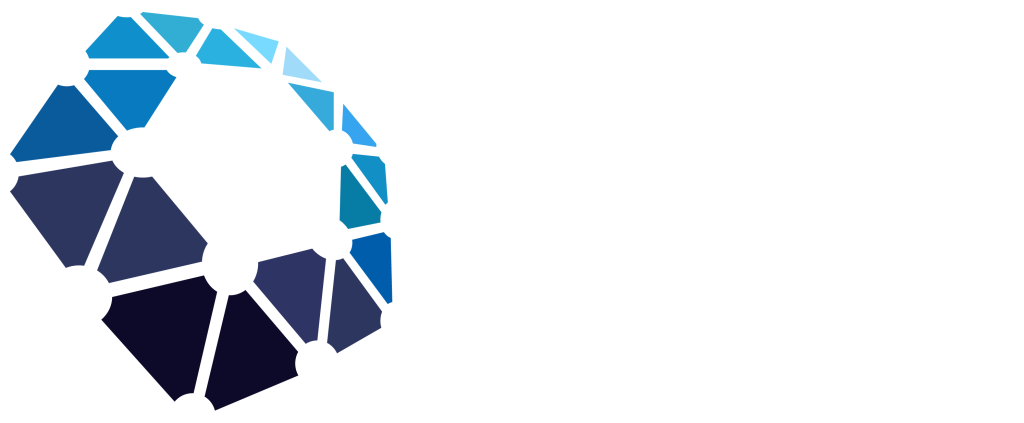In recent years, the tech industry has grappled with substantial challenges arising from economic uncertainties and recessionary pressures. The volatile economic landscape demands a nuanced decision-making approach by boards, especially in the context of technology. Despite global disruptions caused by geopolitical and economic instabilities, the adoption of AI emerges as a positive force within the tech sphere, showcasing its potential to enhance business continuity and foster sustainable growth.
To successfully navigate these challenges, companies worldwide are strategically directing their investments towards enhancing supply operations, updating infrastructure, and capitalizing on growth prospects. Consequently, comprehensive AI integration is gaining momentum across various industries, with top-performing organizations reporting significant outcomes—such as cost reductions and performance improvements—directly linked to the transformative impact of artificial intelligence.
It’s essential to acknowledge the commendable role of generative AI, which has revitalized interest and confidence in artificial intelligence. Rapidly gaining traction in the market, generative AI is poised to address industry-specific challenges and unlock additional automation possibilities for global organizations.
AI’s Dynamic Impact: Transforming High-Performing Organizations
Artificial intelligence stands as a dynamic catalyst propelling high-performing organizations across diverse sectors, including manufacturing, hospitality, and retail. Companies globally are making AI integration a default practice, incorporating new AI-powered features into their existing software.
To establish dominance in the market, companies aspiring to leadership strategically choose distinctive AI features and customized software aligned with their unique business requirements.
The Evolving Landscape of AI in 2023
Despite a decline in tech investments due to the recession, AI-driven advancements continue to permeate all industries, displaying a resilience that shows no signs of waning. In response to the challenging economic climate, companies increasingly recognize the imperative to optimize and pivot, relying on machine intelligence.
Several notable changes mark the current state of AI technology trends:
- AI has evolved into an essential component for companies, becoming a prerequisite for competitiveness. The market for intelligent technologies consistently expands, with companies of all sizes integrating artificial intelligence into their innovation strategies.
- The convergence of cloud-based architectures and open-source AI toolkits has democratized access to AI technologies, making them more widely available.
- The introduction of Generative AI and foundation models has reshaped the automation landscape, introducing new capabilities and enhancing existing ones across a diverse range of applications.
In 2023, artificial intelligence has reached a pivotal juncture, transitioning from a speculative technology to a mainstream tool for organizations. Adoption statistics reveal that over 80% of enterprises now consider artificial intelligence and machine learning fundamental for achieving business objectives, including revenue growth, operational efficiency, and enhanced customer experiences.
Generative AI: Pioneering the Next Phase of Automation
The year 2023 marks a notable surge in the adoption of generative AI models, commonly referred to as large language models (LLMs). During this period, Software as a Service (SaaS) LLMs have gained significant traction, with the groundbreaking introduction of ChatGPT making a substantial impact. The utilization of SaaS LLM APIs by companies has witnessed an impressive growth of 1310% between November 2022 and May 2023.
The exponential expansion of Generative AI has empowered executives to gain a clearer understanding of its versatile applications within specific use cases. Information security, customer service, marketing, innovation, and product development are now recognized as strategic domains for the integration of LLMs and Generative AI.
Realizing the Potential: Navigating AI Implementation for Business Success
The outcomes of enterprise AI adoption can vary, contingent upon how effectively companies assess their AI readiness before committing to a project. To gauge a company’s preparedness level, decision-makers should calculate their AI Readiness Index, considering organizational structure, business strategy, IT infrastructure, and data.
How AI Drives Economic Renewal
Despite economic challenges in technology investments, artificial intelligence stands out as a trend that has not experienced a decline in adoption. With multiple regulatory incentives, AI innovation is anticipated to witness substantial growth in 2023 and beyond. The recovery could be AI-driven, assisting businesses in improving operations and making informed decisions in the post-pandemic world.
AI provides actionable insights from vast data, automates processes, and predicts future trends. For instance, by analyzing data on consumer behavior, supply chain activities, and market trends, AI helps businesses adjust strategies, enhance customer engagement, and optimize supply chains to respond better to current conditions and future uncertainties.
If you need assistance in implementing AI solutions in your business, PSI Tech Solutions offers a wide range of services, including AI Consulting, Custom AI Solutions Development, Machine Learning Consulting, Customer Experience Consulting, and AI-Driven Mobile App Development. We are ready to help you navigate the transformative potential of artificial intelligence in your industry.

